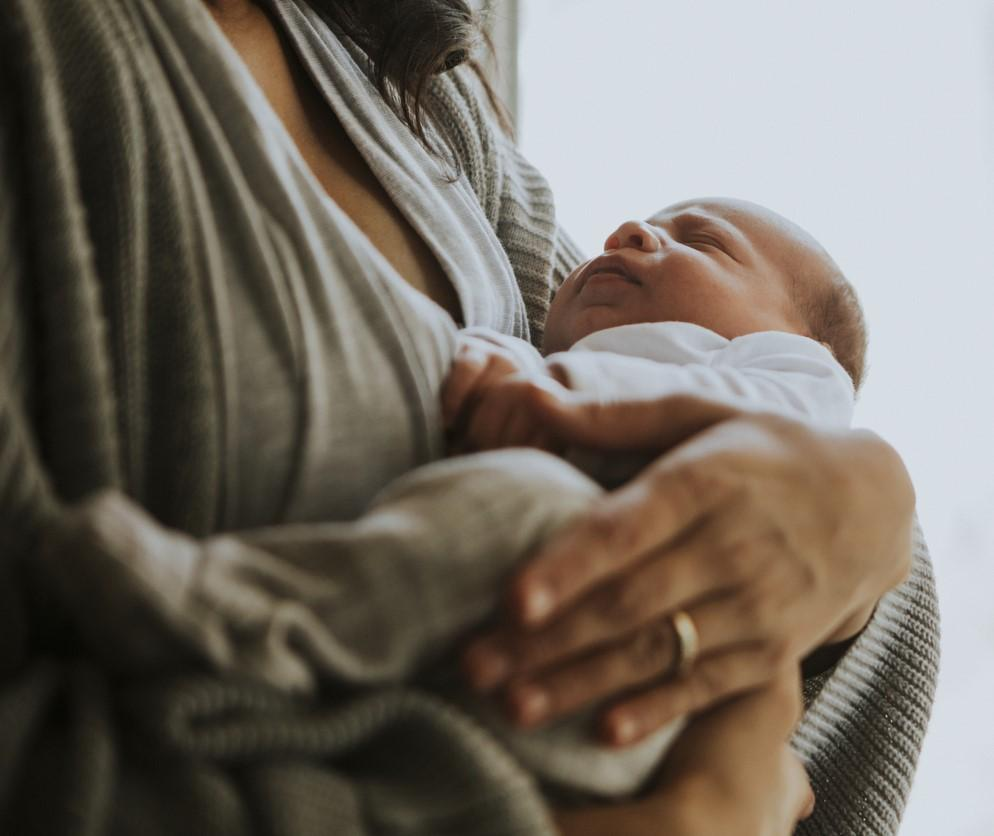
Infants born to mothers with active hepatitis C virus (HCV) infection are more likely to be screened for the virus, but pediatric HCV infections are likely going undetected in the many unscreened babies, finds a new study in the Journal of the Pediatric Infectious Diseases Society.
University of Pittsburgh researchers used maternal HCV status to estimate the likelihood of screening infants born from 2015 to 2019 at a large academic hospital.
"Only 30% (range 8.6%–53.1%) of children born to women with HCV infection are screened," the authors noted. "This is due to multiple factors, such as loss to follow-up, poor communication between healthcare providers, and electronic health record (EHR) gaps."
Babies of infected moms 2.5 more likely to be screened
Mothers were tested for HCV infection 4.4 months before delivery, on average. Of 503 HCV-exposed infants, 260 (52%) were born to actively infected women, 137 (27%) to previously infected mothers, and 106 (21%) to those with probable infection.
A total of 385 babies (77%) had an order for HCV screening, of which 262 (68%) were tested. Most completed screenings (58%) were of infants of actively infected mothers, 49% to mothers with probable infection, and 43% to those previously infected. Pediatric HCV infection ranged from 1.7% to 7.7%.
Screening children exposed to perinatal HCV is crucial to ensure timely identification and treatment of infected children.
Infants of actively infected mothers were 2.5 times more likely to be screened than those of previously infected women; there was no difference for infants of women with probable infections.
Active maternal HCV infection, smoking, and documentation of viral exposure or clinic visit after 18 months were tied to orders for pediatric screening. Earlier birth year, premature birth, and residence with nonbiologic parents at 18 months were linked to screening completion.
Probable or active maternal infection, ongoing substance use, lack of a maternal anxiety diagnosis, residence with nonbiologic parents or clinic visit at 18 months, and documentation of maternal viral load were associated with infant infection.
"Screening children exposed to perinatal HCV is crucial to ensure timely identification and treatment of infected children," the researchers wrote.


.jpg)











